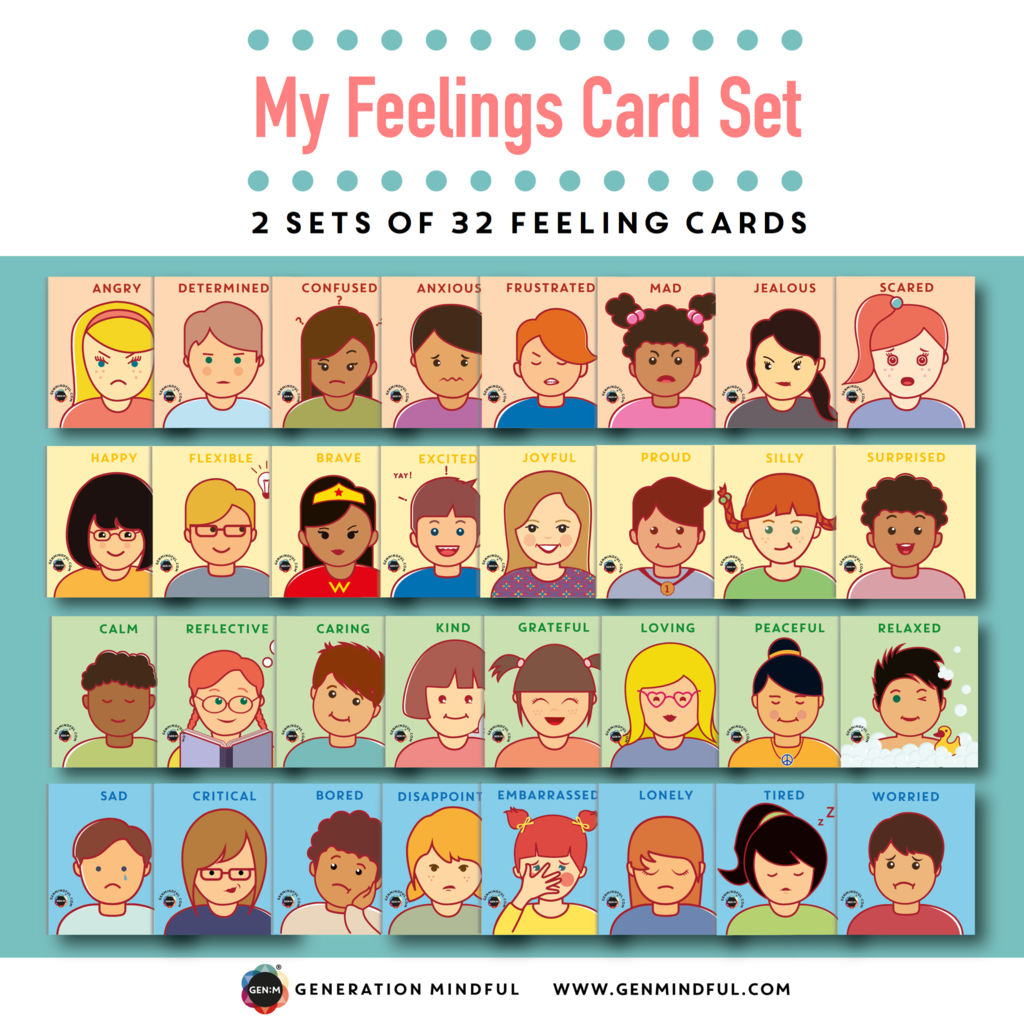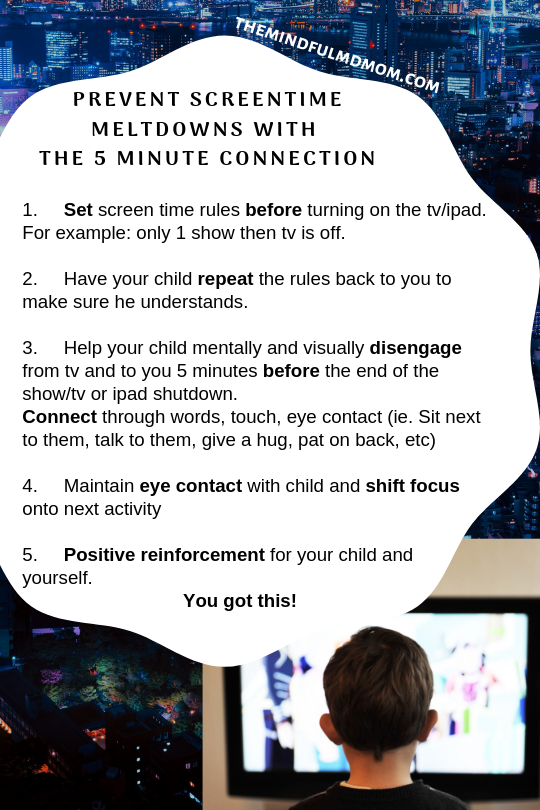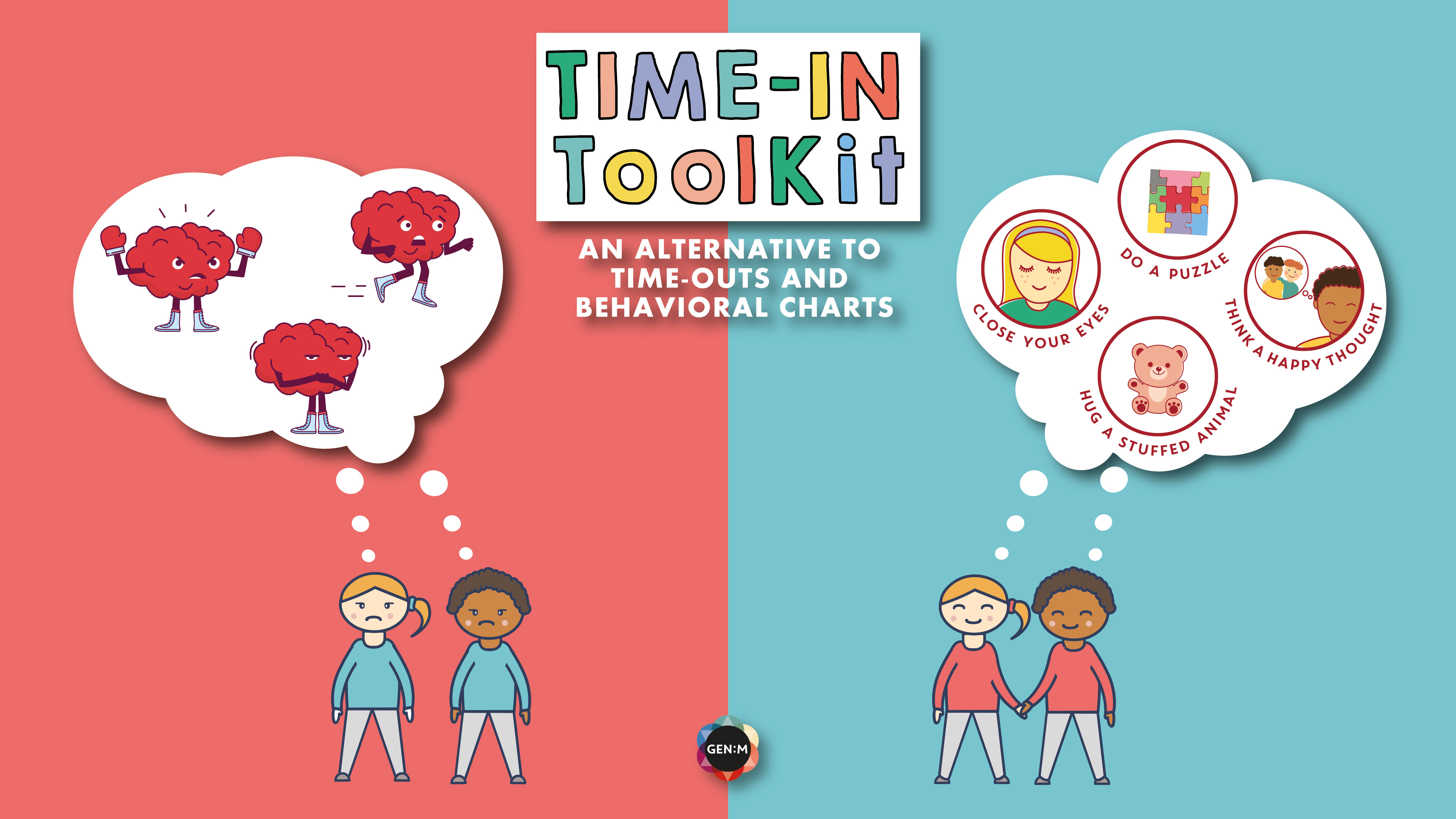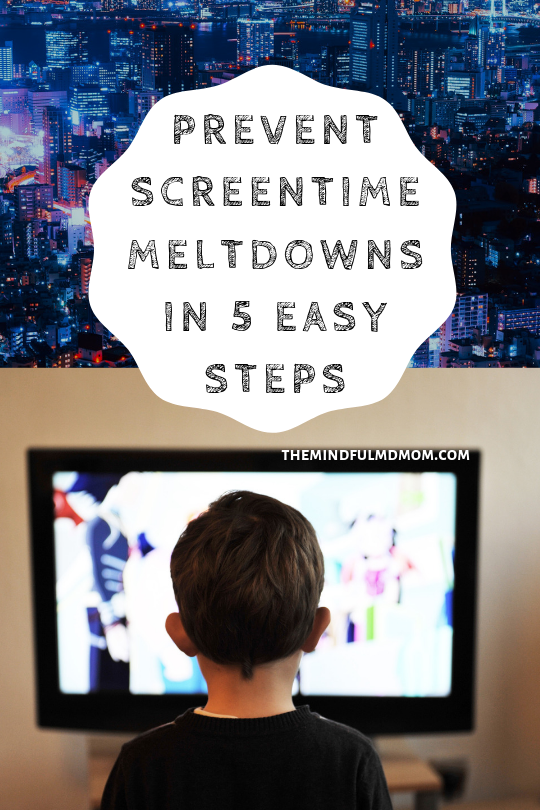Prevent Screen Time Meltdowns in 5 Easy Steps
by Roxanne S. Almas, MD, MSPH
Parenting in the Age of Screens
I am reminded daily as a pediatrician and parent of the important brain development in early childhood years. To the developing brain, hands-on, unstructured, social play helps build language, cognitive, motor, adaptive and social-emotional skills.
So where do screens fit in?
We are still learning about the short-term and the long-term effects of excessive screen time use on children’s brains.T
This post may contain sponsored products and/or affiliate links, which means I may earn a small commission with no extra charge to you if you purchase through my links. See disclosure for more information.
Many parents, including myself, are overwhelmed at how quickly screens have become a part of everyday life.
Parents are looking for strategies on how to approach their use. I see these effects in my exam rooms in my clinic. Conversations around how to manage behaviors and set limits are becoming more and more common.
Screen time Recommendations
The American Academy of Pediatrics has specific recommendations around limit screen use based on the age of the child. Despite this, most children heavily surpass the daily recommended limits.
In my clinic, more than half of adolescents are reporting to me that they are on screens “all the time”.
Effects of Screen Overuse
Excessive screen time has many negative effects on health and wellness. These include sleep deprivation, daytime fatigue, misbehaviors, learning issues, and mental health effects.
Many children are becoming socially isolated, taking part in less family gatherings, participating in fewer household responsibilities, and are more distracted.
Read more on how to be mindful when you feel distracted.
Though screens may seem like a quick and easy way to temporarily quiet a child, it becomes a source of tremendous stress. Families find it very difficult during transitions when phones are being shut off or unplugged.
The Brain on TV
I often use the analogy of a water hose when describing the immediate effects of device use on the brain where in this case the water is dopamine, the pleasure neurotransmitter.
The massive surge of dopamine creates and maintains the child in a hypnotic state. The lights, the movement and the sounds from the screen all together keep the child’s brain fully engaged. As a result, the real world around the child no longer exists.
Every parent has observed this glazed-eye, zombie-like look in their child.
When it is time to shut down the device even with a warning, children naturally throw epic tantrums and full-blown meltdowns.
This emotional dysregulation comes from a sudden drop in dopamine thus putting the entire reward system to a complete halt. Just a few seconds earlier, it was getting replenished and strengthened.
As a result, the unprepared ‘reptilian’ brain, aka limbic system, takes over. The child is in complete disarray and is basically begging to be back in reward mode.
We are now in meltdown mode.
Preventing (and Avoiding) TV Transition Tantrums
By being mindful of these neurological pathways, we can build connection and help our children through transitions and meltdowns.
How so?
Instead of a rapid and complete shutdown of dopamine, we can slow the release of dopamine and replace it with oxytocin, the connection hormone.
The 5 Minute Connection
I have put this into practice and it has been a game-changer in our home.
1. Before turning on a screen, I set rules and limits for the time. For example, one episode.
2. I ensure my kids understand the rules and limits by asking them to repeat them back to me.
3. Five minutes before the end of the show, guide them back to the “real” world by engaging with them either with words or touch. For example, sit next to them, give a hug or pat on the back, simple conversation related to what they are watching with genuine curiosity, etc.
4. Once they show me more eye contact, I shift their focus on to the next activity while still remaining connected physically and emotionally to them, increasing oxytocin.
5. Give kids (and myself) positive reinforcement. I take a deep breath, praise them for handling it well and myself for being intentional during those five minutes.
By turning down the water hose, we can prevent a dramatic drop of dopamine and replace it with another feel-good hormone, oxytocin. As a result, they still feel happy and connected even though the tv is off.
This approach has helped enormously in maintaining some degree of sanity in our home.
Learning more about what happens in a child’s brain during screen time use has been incredible eye-opening to me.
Although we may have days where feel like screens have invaded our families and homes, we can empower ourselves. By setting clear limits and connecting with our children at key moments, we can enjoy screen time in a healthy way.
This is a brand new era of parenting and we’re trying our best. In the end, we are parents and we are above any device.

About the Author:
Roxanne S. Almas, MD, MSPH, is a Developmental Behavioral Pediatrician supporting families of children with special needs. She is a California native who now lives in the Bay Area with her husband and two children. She enjoys writing, cooking and gardening with her family. She is passionate about child development, physician wellness, and self-care for mothers.
Connect with Dr. Roxanne on Facebook:
Motherhood-Inspired, Wellness Enthusiast

How do you approach screen time and related tantrums? Share your tips!

Articles You May Enjoy
7 Mindfulness Must-Haves for Kids
Why I’m a Yes Mom and You Should Be Too: An Approach to Tantrums
The Parental Effect on a Child’s Self Esteem
Parental Burnout: Can You Recognize the Signs?
This post may contain sponsored products and/or affiliate links, which means I may earn a small commission with no extra charge to you if you purchase through my links. See disclosure for more information.
146 - 146Shares
- 146Shares
146




2 Comments
Heather Finlay-Morreale
May 24, 2019 at 9:32 amWonderful post. Shared.
themindfulmdmom
May 26, 2019 at 2:53 pmThanks, Heather!